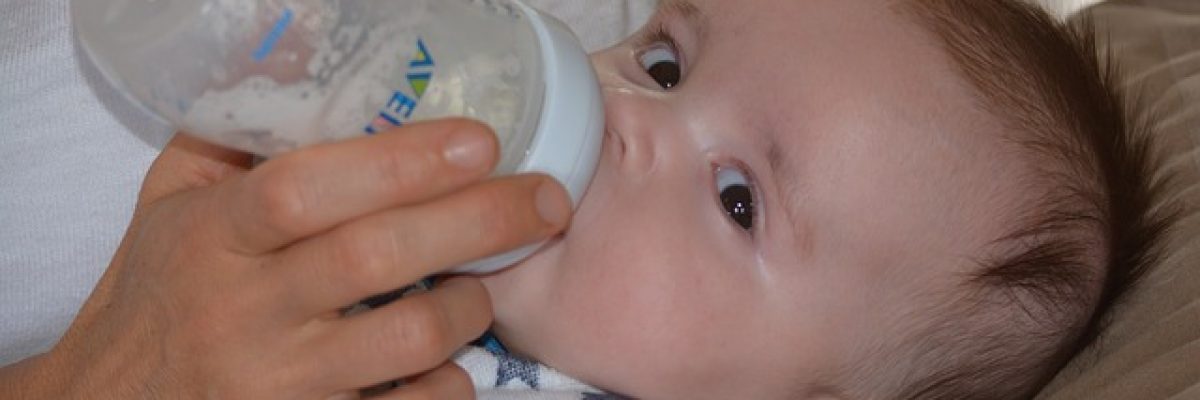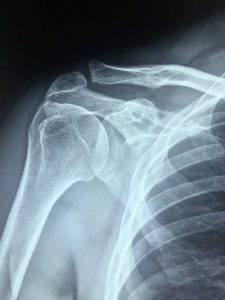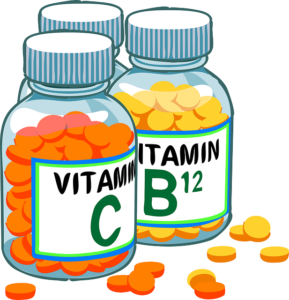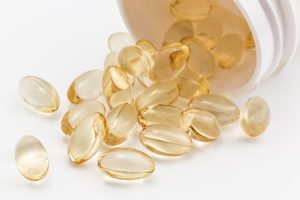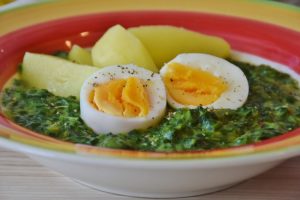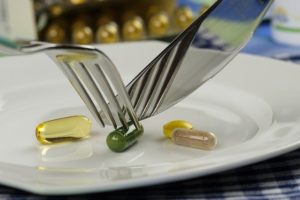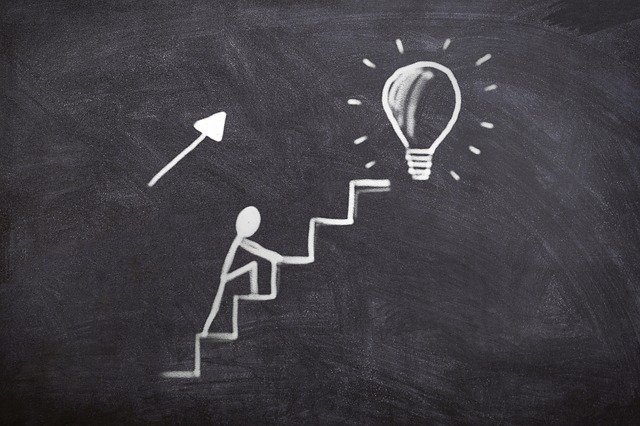The pain relieving expert shows up, some urgent hints: New study on drinking bottles for babies. Make your own thoughts about it.
Radio and television are currently reporting on the current situation, almost all day long. One terrible report follows the next. Therefore, many, also important, findings fall by the wayside.
Would parents, after they have prepared the food or drink for their small child, take a kitchen rasp and spread a piece of plastic over the prepared food? Probably not. Most baby bottles today are no longer made of glass but of plastic. Plastic bottles are lighter and more unbreakable than glass bottles. In 2011, the EU banned the controversial chemical bisphenol A in the production of bottles for babies. It is still plastic, right?
An international group of researchers at “Trinity College Dublin” (Ireland) has found that babies are already exposed to high levels of microplastics. Dunzhu Li and colleagues published a study in the scientific journal “Nature Food” which shows how much microplastics are released when baby food is prepared in polypropylene baby bottles. It was found that polypropylene bottles release up to 16.2 million microplastic particles per litre.
Hot water used to sterilise the bottles, for example, increased the release even further, to 55 million particles. The right thought behind this makes it even worse.
The researchers write: “This average value is about 2,600 times the amount of microplastics that an adult absorbs from water, food and air (up to 600 particles per day for adults). It is assumed that microplastics, precisely because it is so small, can overcome the cell barriers in the body and thus trigger inflammation.”
Studies on fish and mice have shown that microparticles can change the intestinal flora. Basically, the best thing for babies is breast milk. If breastfeeding does not work out, for whatever reason, then you should do something good for a baby right from the start and consider buying glass bottles.
I link you to the study from 19 October 2020 here: Microplastic release from the degradation of polypropylene feeding bottles during infant formula preparation
https://www.nature.com/articles/s43016-020-00171-y
See you next time.
Stay strong.
Matti

